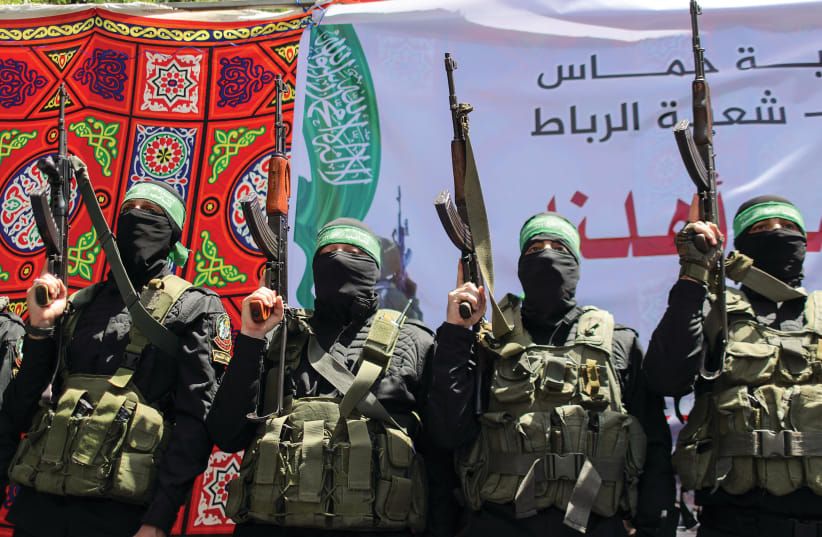'How fragile we are,” sings Sting in his famous song, and how fitting those words are in describing the situation in Jerusalem this past week.
Winds of folly, waves of hatred and a blackout of sensibilities shared by both sides help define the situation on the ground right now. Yet what is more disturbing is that nobody can make a serious prediction as to what we are going to face in the coming days and weeks.
“The work of years, to create a space for coexistence, in which people from the Jewish and the Arab side can express themselves and still hold a genuine dialogue between them, is on the verge of total loss,” an Arab resident of the Abu Tor neighborhood who has been severely hit by the hatred and violence of this period told me this week.
The reasons offered as to what led us all into this awful situation are widespread and differ greatly: Ramadan, a traditionally tense period; the police, whose actions many on both sides have condemned as irresponsible; the Palestinian Authority elections that were canceled; changes in security at the Damascus Gate – all of these are likely valid factors, yet there are many more.
Certainly there is at least one more. Hagai Agmon-Snir, until recently the CEO of the Jerusalem Intercultural Center on Mount Zion and an expert in understanding both the official and underground feelings of the city’s Arab sector, says the impact of this last year’s pandemic has to be taken into account when trying to understand what went wrong so suddenly. The loss of income for Arabs has been much greater than in the Jewish sector, and there is much less hope there for any improvement soon.
“The frustration over more than a year without a job or any income creates an explosive atmosphere which is so easy to flare up,” Agmon-Snir says. “It raises xenophobic feelings and anger. And with these feelings, it is very easy to take to violence in the streets.”
As to the bolstering of Hamas’s reputation because of these trends, one could easily sense a feeling of solidarity on social media between Jerusalem Arabs and Gazans. However, there was little sense that Hamas would be taking direct action regarding the life of the Palestinians in the city. For Arab Jerusalemites – the Mikdasin as they call themselves – who for years have felt they had become the orphans of the Palestinian cause, it was like balm on a wound to hear that Palestinians in Gaza care and think about them. This rings true even if they all know that practically speaking, Hamas cannot do anything to improve their lives, and despite the deadly violence that has ensued.
Among the first victims of this stressed atmosphere were, not surprisingly, many local dialogue initiatives and shared ventures between Jews and Arabs in the capital.
“It will take time,” notes a resident of E-Tur, another neighborhood that witnessed a shocking rise in violence. “Now they have damaged the light rail, but soon they will realize that if the train does not stop in their neighborhood, it will be their parents who will suffer when they don’t have easy transportation to work. It will take time, but things will be back to normal, like in previous times.”
Mayor Moshe Lion, who has pushed for a significant change in municipal actions toward Arab residents, says he is convinced the situation will return to some semblance of normalcy.
“We are doing the utmost to bring things back to normal and calm the atmosphere,” says Lion, adding, “I personally am involved in this, and meanwhile, I keep all my contacts with the Arab residents; I talk with them, I meet them here. I cannot tell you for sure that everything will be back as it was, but we are working hard to reach that. Time will tell.”
